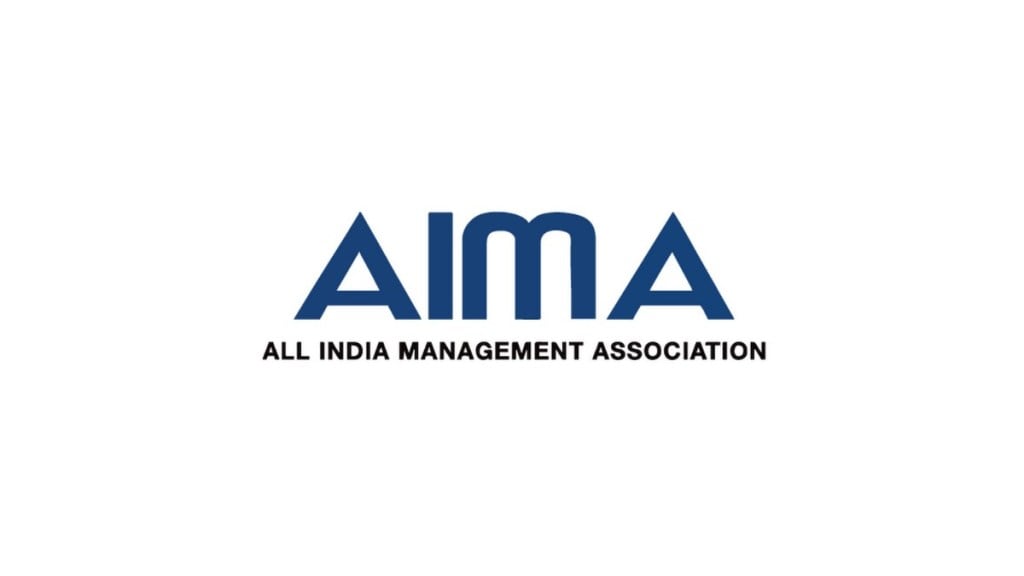The landscape of quality management education in India has long been concentrated within its metropolitan hubs, forcing aspiring students from smaller towns to relocate far from home. This geographical disparity in access to high-quality B-schools presents a significant challenge.
However, the All India Management Association (AIMA) – the apex body of management profession in India – suggests a paradigm shift, leveraging policy changes and technology to democratise access. Prof Rohit Singh, director, Centre for Management Education, AIMA, shared with FE a strategy that focuses on enhancing the quality of existing infrastructure rather than relying solely on new standalone institutions.
“There are already over a thousand private universities and hundreds of state-funded universities, each with a department of management or business administration,” Prof Singh said. “These departments serve their particular regions. We, at the AIMA, aim to collaborate with them by embedding their curriculum with our certification and online courses to raise the quality of management education almost everywhere.”
The key enabler for this change is the new emphasis on flexible education. Thanks to the National Education Policy (NEP) 2020 and the post-Covid-19 environment, the government has permitted universities to shift from the traditional brick-and-mortar classroom model to more flexible and online programmes. With the entire country now connected by the internet, this transition is proving transformative, providing avenues for quality education in remote areas.
The AIMA’s own offerings in new-age specialisations – such as digital marketing, business analytics, sustainability management, and project management – are offered in this format, not just for students but also for working professionals seeking to upgrade their careers.
To ensure the relevance and quality of these offerings, the AIMA relies on its Board of Studies (BOS). This academic body, composed of distinguished academicians and seasoned industry professionals, is responsible for curating and designing the curricula and certifications, ensuring they align with the latest industry requirements.
This rise of modular, short-term courses has inevitably raised questions about the future of the conventional two-year MBA/PGDM programme. Prof Singh is clear that the foundational degree will not lose its significance.
“The degree requirement for any job will be fulfilled only by the two-year programme. Whether it is an MBA offered by a university or a PGDM offered by a standalone institution, these two years build your base and teach you to think like a management professional,” he explained.
He clarified that the short courses are a necessary value-add, not a replacement. As new sectoral specialisations emerge – from digital transformation to public-private partnerships – the two-year degree cannot cover everything in depth. Modular courses and micro-credentials allow students to ‘deep dive’ into these new specialisations as they advance in their careers.
The two-year MBA remains the essential foundation, while the advent of flexible, certified courses ensures that management education can be continuously updated and delivered to a wider audience, thereby securing the future of the management profession across the nation.


